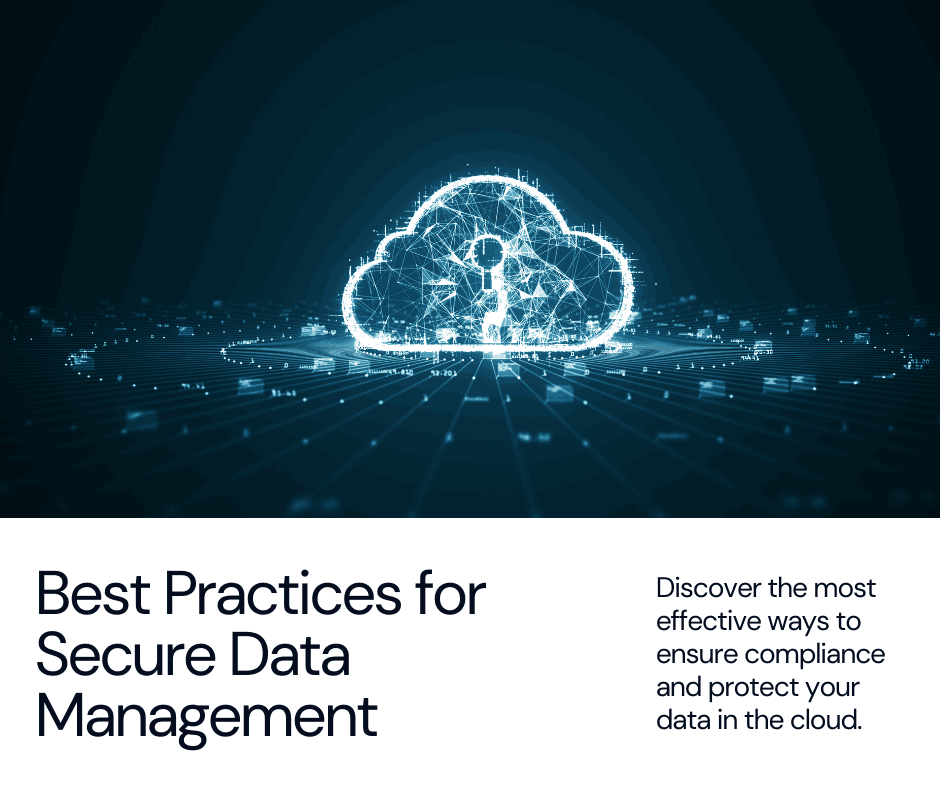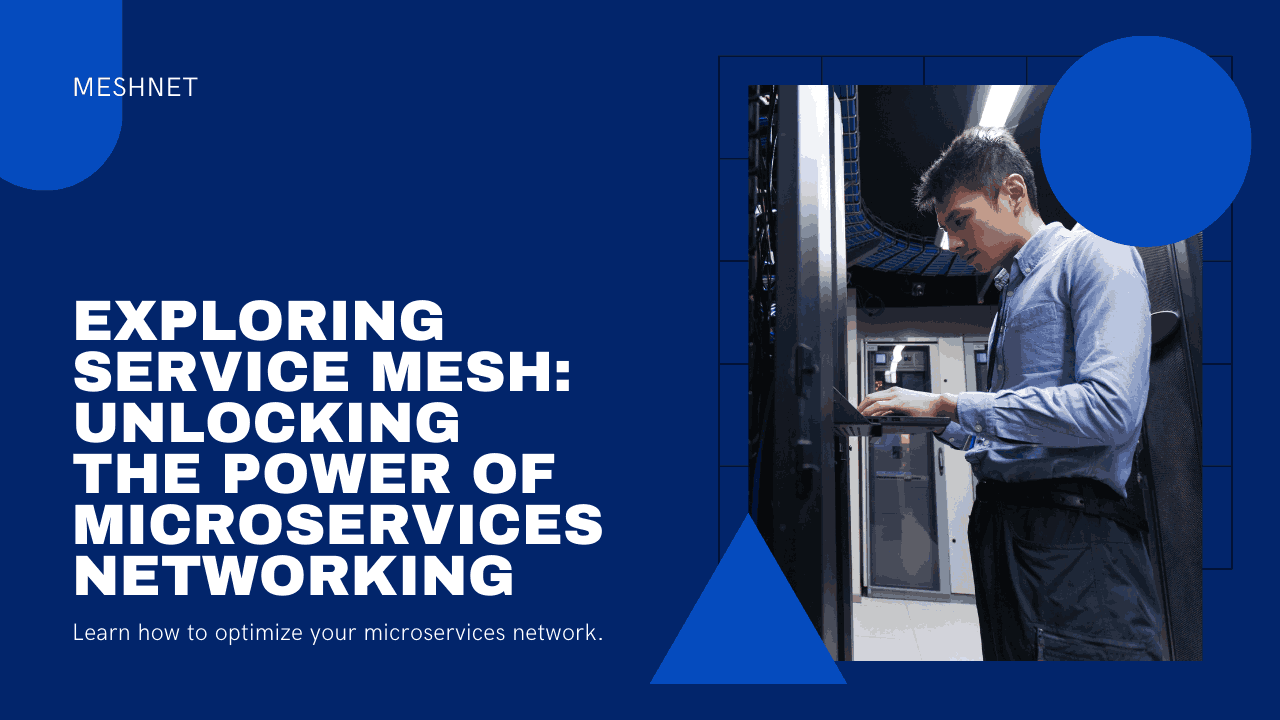Cloud Compliance: Best Practices for Secure Data Management
Master cloud compliance with proven strategies for data security and privacy. Learn best practices to meet regulatory requirements in cloud infrastructure.

Explore the challenges and best practices for maintaining compliance in cloud environments. Gain insights into data security, privacy regulations, and strategies to ensure your cloud infrastructure meets the necessary compliance requirements.
As businesses increasingly adopt cloud technologies, ensuring compliance with data security and privacy regulations becomes a critical priority. In this blog post, we will explore the challenges that organizations face in maintaining compliance in cloud environments and discuss best practices for secure data management. By implementing these strategies, businesses can safeguard sensitive data, meet regulatory requirements, and build a robust cloud infrastructure.
Challenges in Cloud Compliance:
- Data Security: Protecting data in the cloud requires a comprehensive security approach. Organizations must address issues such as data breaches, unauthorized access, and data encryption to ensure data confidentiality and integrity.
- Privacy Regulations: Compliance with privacy regulations, such as the General Data Protection Regulation (GDPR) and the California Consumer Privacy Act (CCPA), demands a clear understanding of data privacy requirements and strict adherence to consent management.
- Data Residency and Sovereignty: Depending on the industry and location, certain data may be subject to specific residency and sovereignty regulations, necessitating careful data storage and handling practices.
Best Practices for Secure Data Management in the Cloud:
- Data Classification: Classify data based on sensitivity and regulatory requirements to prioritize security measures. Segregate and protect sensitive data with appropriate access controls.
- Encryption: Implement data encryption both in transit and at rest to safeguard data from unauthorized access. Encryption ensures that even if data is compromised, it remains unreadable and unusable to unauthorized users.
- Identity and Access Management (IAM): Employ robust IAM practices to control user access to data and resources. Implementing least privilege principles ensures that users only have access to the data they require to perform their tasks.
- Regular Audits and Monitoring: Conduct regular audits and monitoring of cloud resources to identify any potential security gaps or policy violations. Real-time monitoring enables rapid response to security incidents.
- Compliance Automation: Utilize automation to streamline compliance processes and reduce human error. Automated tools can continuously assess compliance status and enforce security policies.
- Data Backup and Disaster Recovery: Implement comprehensive data backup and disaster recovery plans to ensure data availability and business continuity in case of data loss or system failures.
Conclusion:
Achieving compliance in the cloud requires a proactive and comprehensive approach to data security and privacy. By understanding the challenges and adopting best practices for secure data management, organizations can confidently navigate the regulatory landscape and build a resilient cloud infrastructure. A strong commitment to compliance and data protection will not only enhance trust among customers but also safeguard the organization’s reputation in an increasingly interconnected world.
In our next blog post, we will delve deeper into specific compliance frameworks and industry-specific regulations, offering guidance on how to align cloud infrastructure with these standards.

Learn effective strategies to build an inclusive workplace culture where employees truly feel welcomed and valued.

Explore how 5G and cloud computing convergence transforms business operations and digital connectivity. See why this matters for your future.


